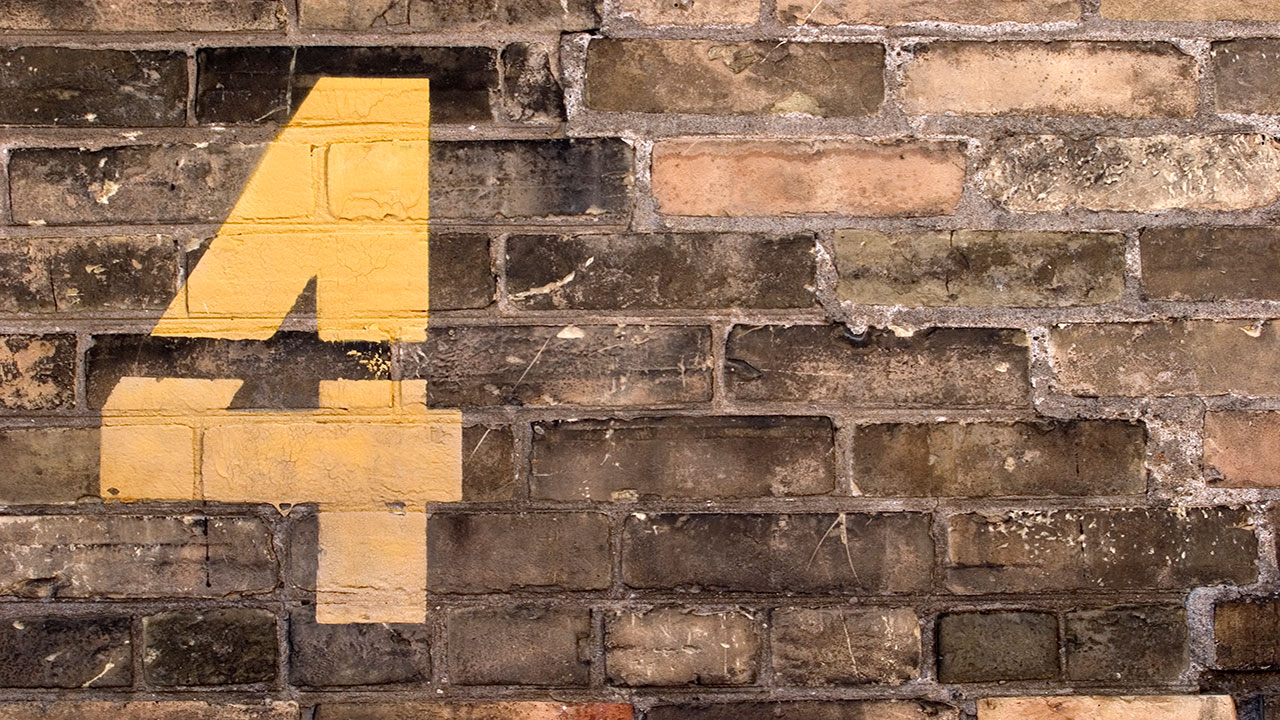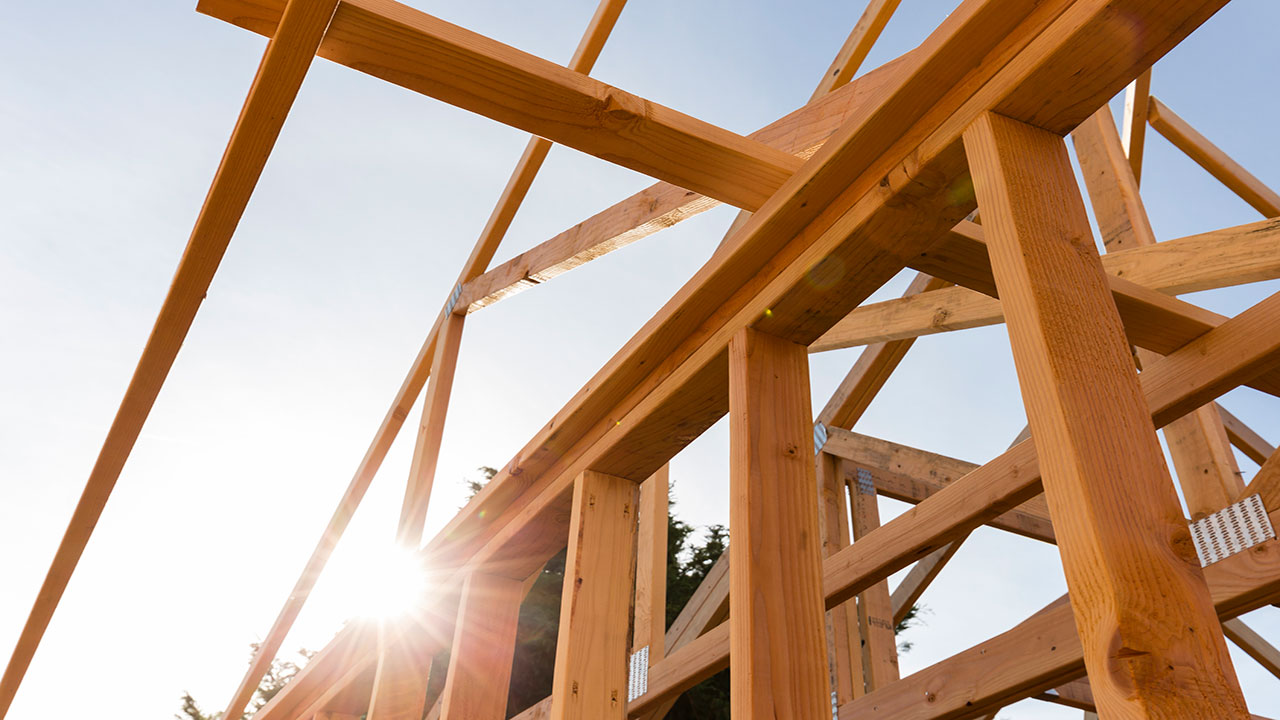What Do Builder’s Warranties Cover When Buying a New Home?

Just because you’re buying a new home doesn’t mean something can’t happen shortly after moving in. That’s why it’s customary for builders to include a home warranty with every new construction purchase, which gives buyers some assurance that they won’t be left high and dry in case something goes awry not long after they sign on the dotted line. Warranties also assure homeowners that the builder they’re buying from is reputable, reliable, and willing to stand behind their product.
But just because you get a warranty on your home purchase doesn’t mean everything under the sun will be covered. As a buyer of new home construction, you’d be well advised to do a little bit of homework on exactly what the builder’s warranty covers, and what it doesn’t.
Generally speaking, the majority of builder warranties cover material and work done by construction workers and contractors on a new house for anywhere between one to 10 years.
More specifically, here is what you can expect to be covered in your builder’s warranty as required under California law:
One Year Warranty:

- Cabinets, countertops, trim, paint, floors, mirrors, and interior and exterior walls
- Products that are entirely manufactured offsite, such as appliances, fixtures, and HVAC units
- Drainage, landscaping, and irrigation systems
Two Year Warranty:

- Dryer ducts
- Decay from untreated wood posts
Four Year Warranty:

- Plumbing systems
- Electrical systems
- Sewer systems
- Driveways, pathways, walkways, sidewalks, and patios
- Corrosion of untreated steel fences
Ten Year Warranty:

- Major structural elements, such as the foundation, support beams, and retaining walls
What if the Builder Goes Under?

New home warranties may sound great, and they can be, but they can be completely useless if the builder you buy from eventually experiences serious financial troubles or goes belly up altogether. If that happens, the warranty you were given could wind up being completely useless.
That said, if the warranty is issued by a third-party insurance company, then buyers have little to worry about. In fact, it might even be better for buyers if the builder’s home warranty is issued and dealt with by a third party. In addition to the fact that you’ll be covered in case the builder goes under, third-party warranties are cheaper. That’s because the risk can be spread across hundreds or even thousands of homes. There’s also no need for third-party issuers to underwrite, issue, and maintain records of warranties and pay staff to handle such documents, saving even more money.
Your Duties as a Responsible Buyer

During the process of purchasing a new home from a builder, you may want to ask a number of questions when it comes to the warranty and what you can expect from it. Here are just a handful of inquiries you might want to make with your builder:
- What exactly does the warranty cover?
- What is not covered?
- What do I need to do in order to make a claim?
- What is your liability?
You might even want to check with the contractor licensing board in California to ensure that the builder you are buying from is providing you with all warranties that are required by law in the state.
The Bottom Line
Every builder should provide buyers with a comprehensive warranty that covers various components of the structure. Even though the home is new, that doesn’t mean there won’t be any unforeseen issues that could creep up shortly after you take possession. This is a big investment, and as such, it makes sense to take a little bit of time to find out what type of warranty your builder offers and whether or not it is being provided by a third-party provider.




